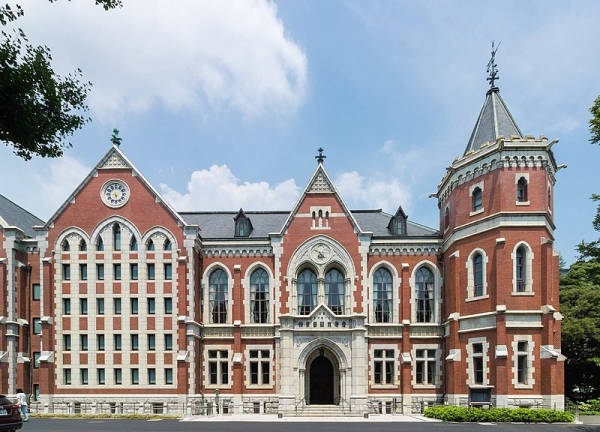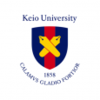https://www.keio.ac.jp
Founded
1858Description
Keio University is considered to be Japan’s oldest private university, founded in 1858 by the author and educator Yukichi Fukuzawa.
In his book, An Encouragement of Learning, Fukuzawa emphasised the importance of freedom, human rights and equality. Through it, he attempted to break free from the Confucian approach to education prevalent at the time by introducing a way of learning known as Jitsugaku – or empirical science – an educational philosophy that continues to play an integral role at Keio to this day.
The symbol of Keio University is the “Pen Mark”, which was first used as an emblem by students in 1885 and is thought by some to have taken its inspiration from the saying “the pen is mightier than the sword”.
Today, the university plays host to more than 33,000 students and 2,250 academic staff at six main campuses in Tokyo and Kanagawa, along with five other campuses that have a specific research or academic purpose. It offers a comprehensive range of study programmes at 10 undergraduate faculties, 14 graduate schools and 30 research centres.
Many students are attracted by Keio’s international outlook: 14 of its degree programmes are taught entirely in English. Meanwhile its Japanese Language Programme supports specialist knowledge of the country and its culture.
Keio’s extensive library – one of the largest in Japan, with 175,000 works – holds a collection of rare books, including the first volume of Shinsen Tsukuba shū, written in the 15th century. It also houses a collection of rare western texts, including the only Gutenberg Bible in Asia, some of which are available to view in a digital gallery.
Its list of alumni includes three former prime ministers and two astronauts.
Specific details
Location
2-15-45 Mita, Minato-ku



